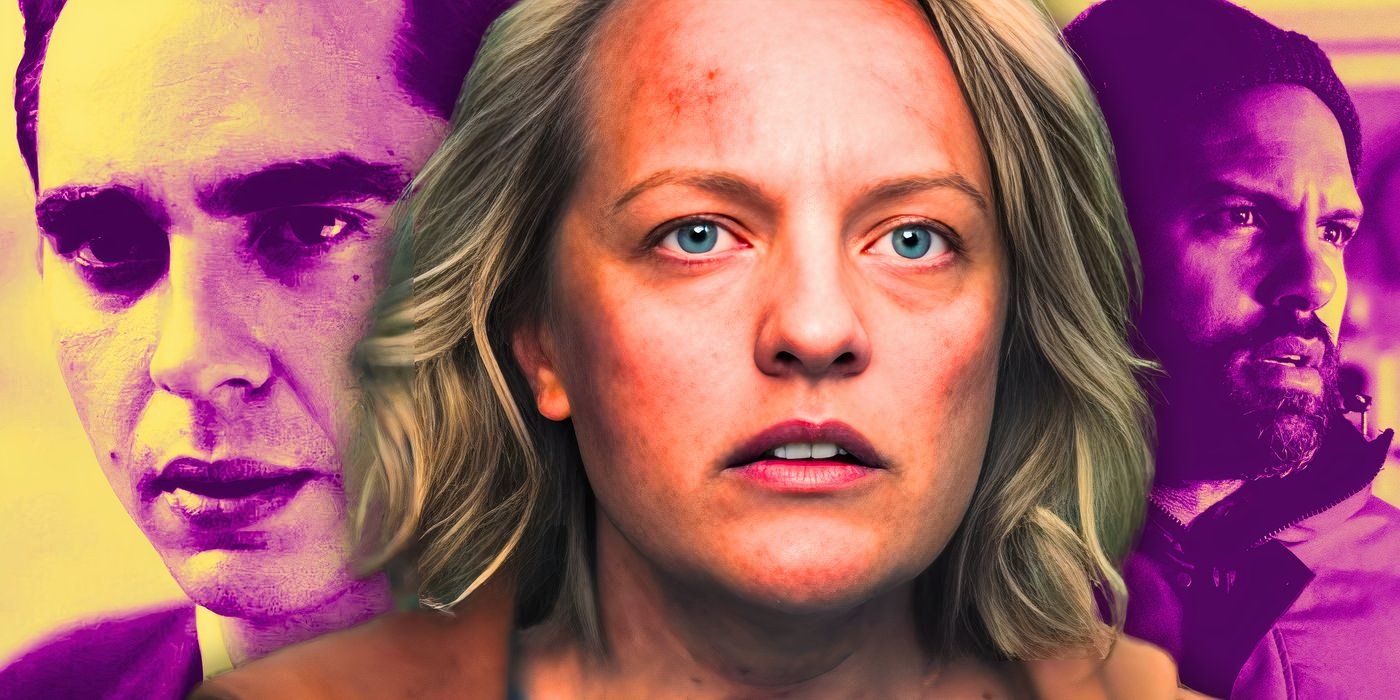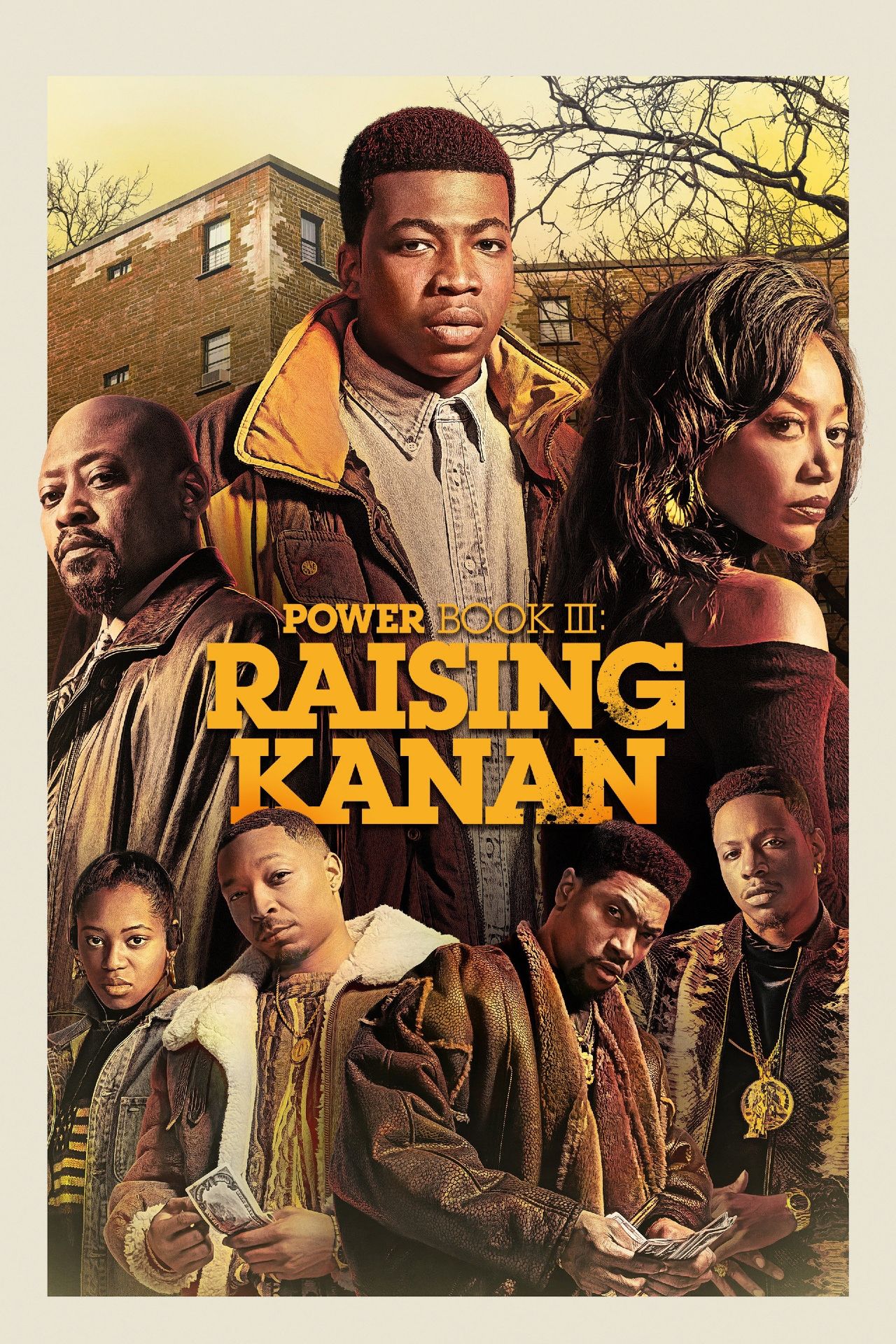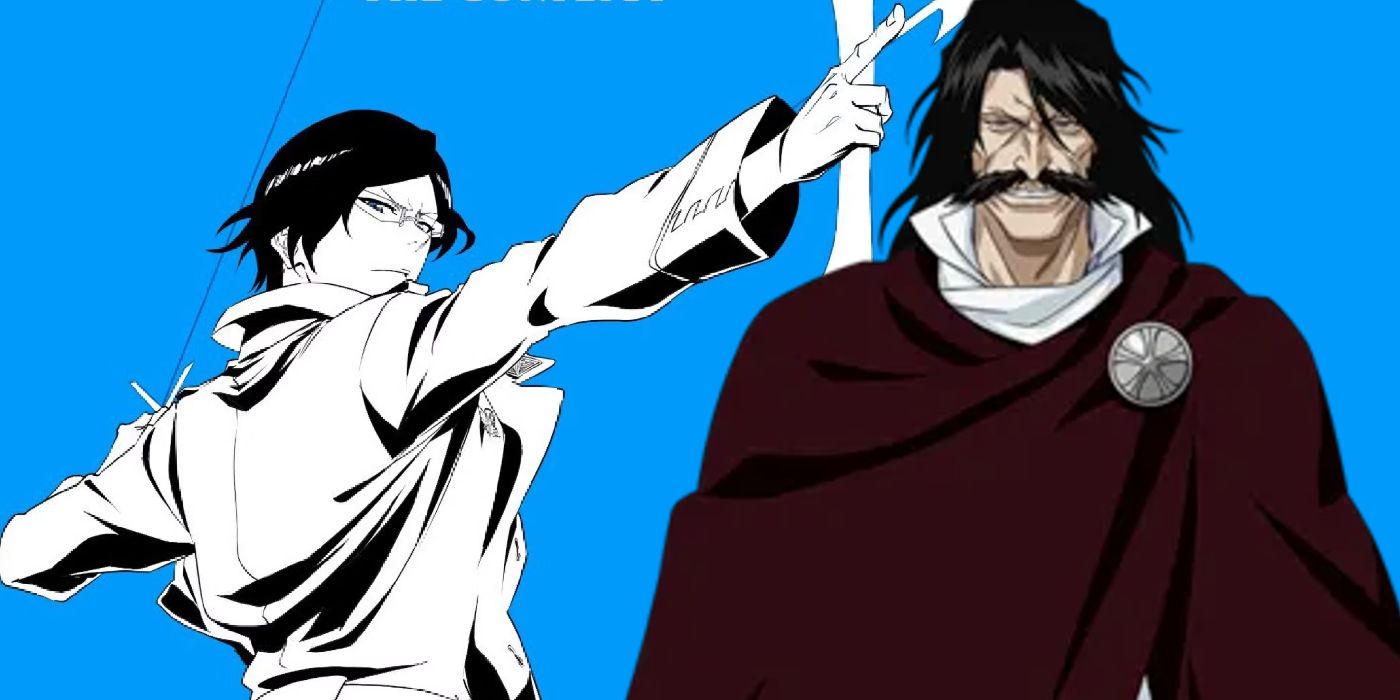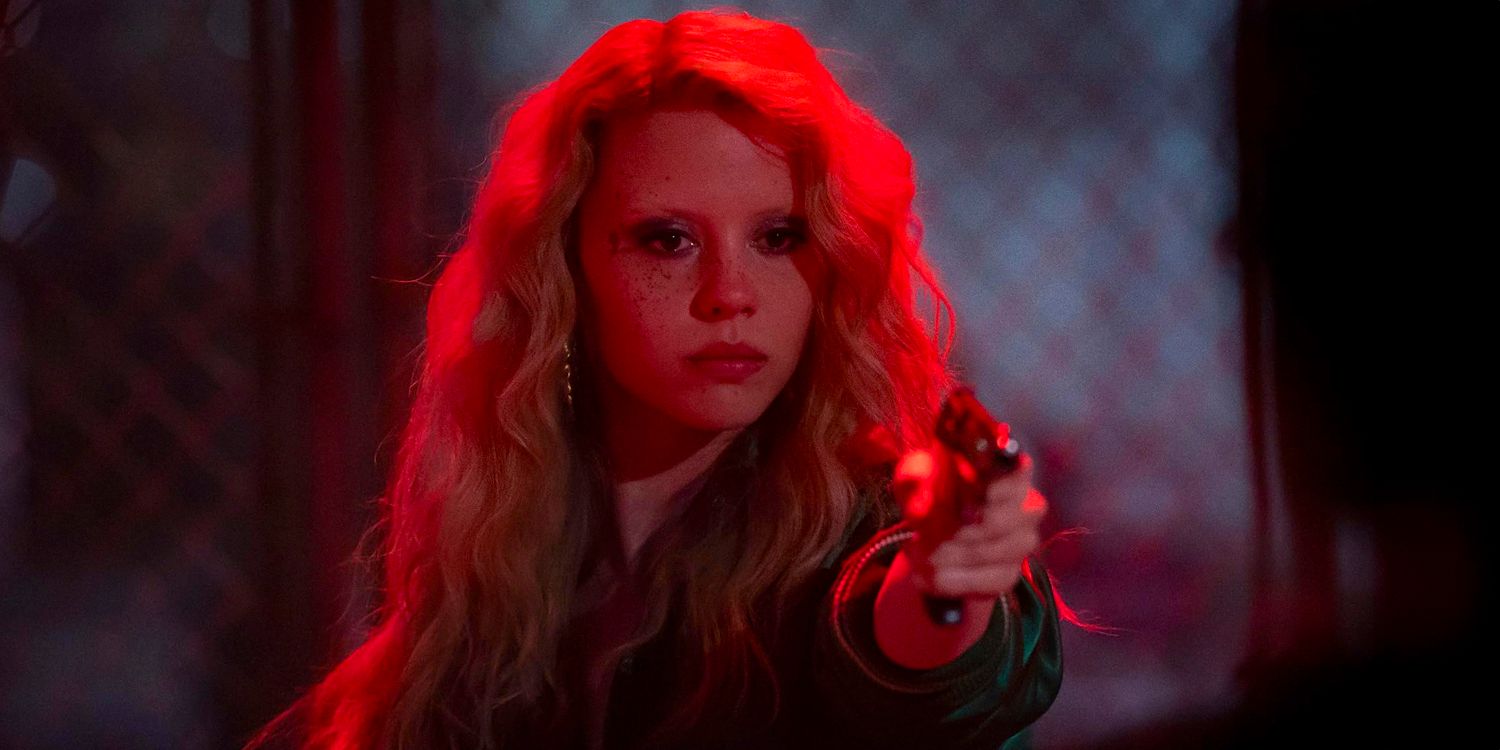Ever since casting him as reckless ruffian Johnny Boy in his calling card Mean Streets, Martin Scorsese has worked with Robert De Niro on all kinds of movies: biopics, dark comedies, a Hitchcockian thriller, and of course, a bunch of other gangster films.
From his Oscar-nominated turn as vigilante Travis Bickle in Taxi Driver to his Oscar-winning turn as boxer Jake LaMotta in Raging Bull, De Niro has done some of the finest work of his career in Scorsese’s movies. Some of De Niro’s Scorsese roles, like The Irishman’s Frank Sheeran and Cape Fear’s Max Cady, are more memorable than others, like New York, New York’s Jimmy Doyle.
Jimmy Doyle (New York, New York)
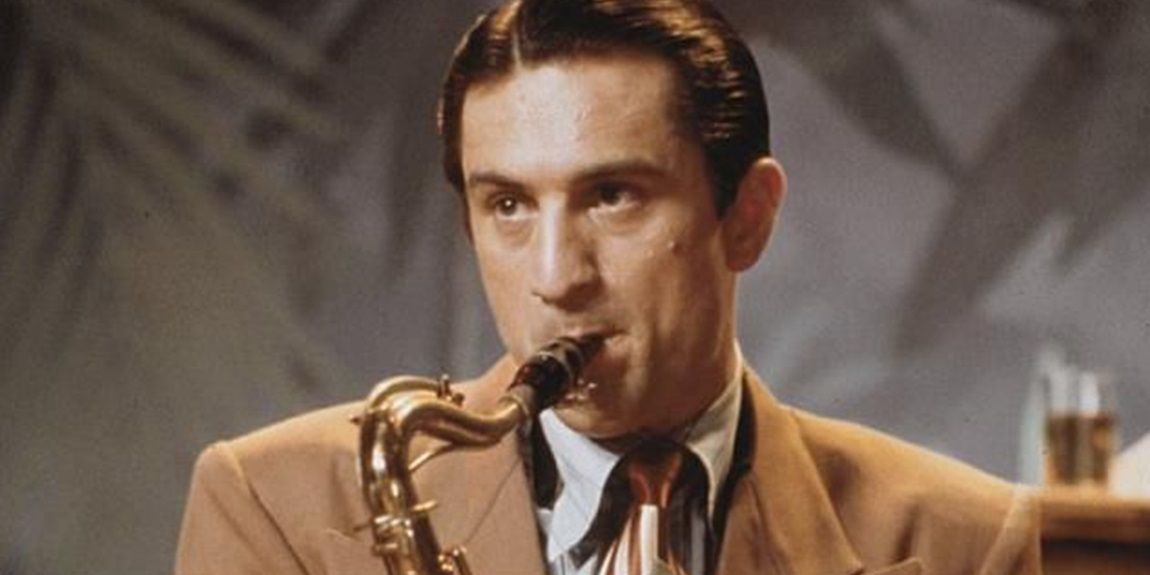
The first major box office bomb of Scorsese’s career – New York, New York – is a glitzy musical about a rocky relationship between a saxophonist, played by De Niro, and a singer, played by Liza Minnelli.
De Niro does a fine job with the role, but he’s overshadowed by Minnelli’s phenomenal work. His performance suffers from the same tonal confusion as the movie itself: harrowing realism wrapped in cinematic nostalgia.
Ace Rothstein (Casino)
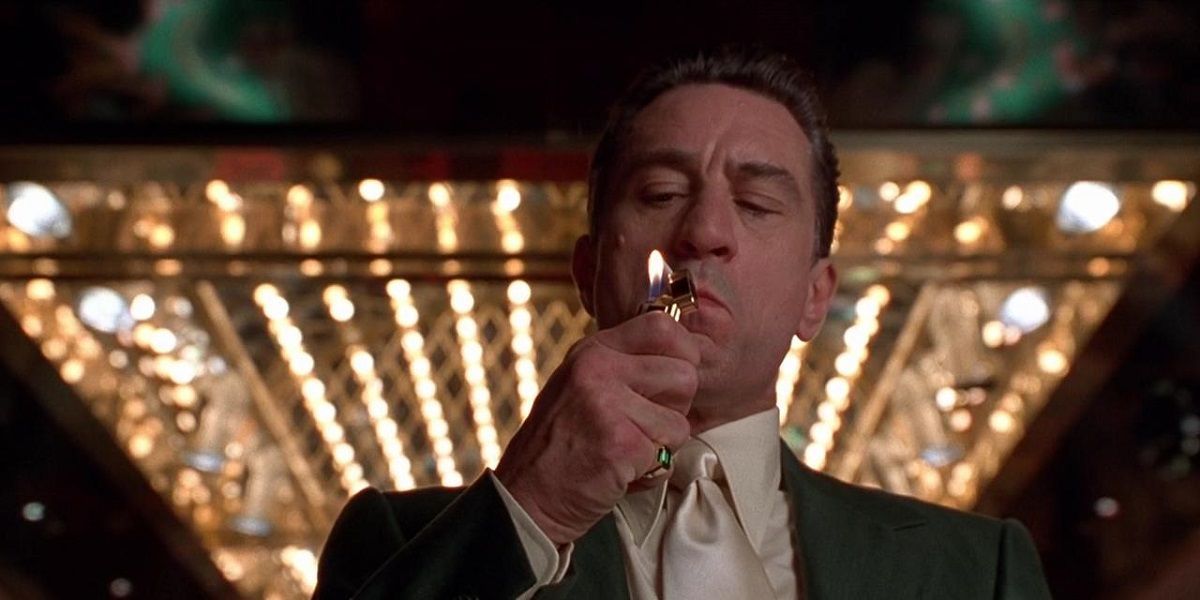
When it arrived in the mid-‘90s, Casino was mostly dismissed as a re-tread of Goodfellas. It explores a different area of organized crime – corruption on the Las Vegas gambling scene – but its style is awfully similar.
Casino has an overstuffed plot and some sequences are a little too stylized, but it’s a slickly made gangster movie and De Niro gives a typically incredible performance as Ace Rothstein.
Johnny Boy (Mean Streets)
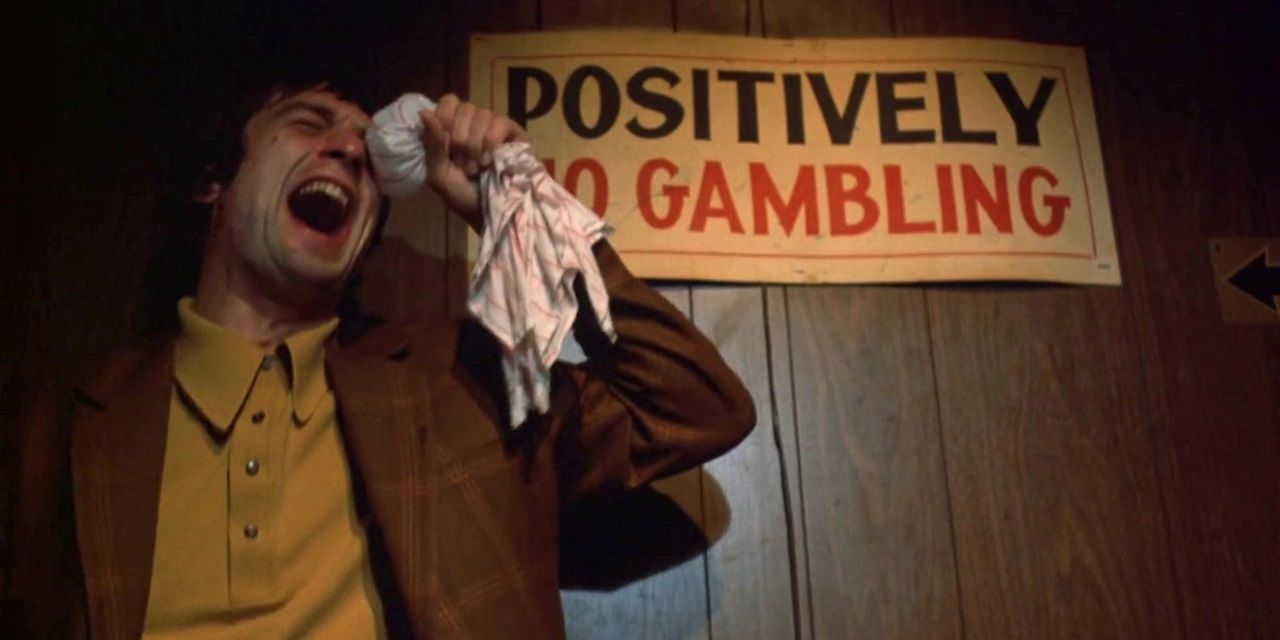
Mean Streets wasn’t Scorsese’s first movie, but it is his first movie to really feel like a traditional Scorsese movie. Above all, it established Scorsese’s focus on character over plot. The movie is a series of mostly disconnected vignettes about the troubled friendship between guilt-ridden mafioso Charlie, played by Harvey Keitel, and reckless youngster Johnny Boy, played by De Niro.
Johnny Boy is the perfect counterpoint to Charlie, sharing none of his guilt and never worrying about consequences. Throughout the movie, Charlie has to keep cleaning up Johnny Boy’s messes as he borrows money and blows up mailboxes all over town.
Jimmy Conway (Goodfellas)
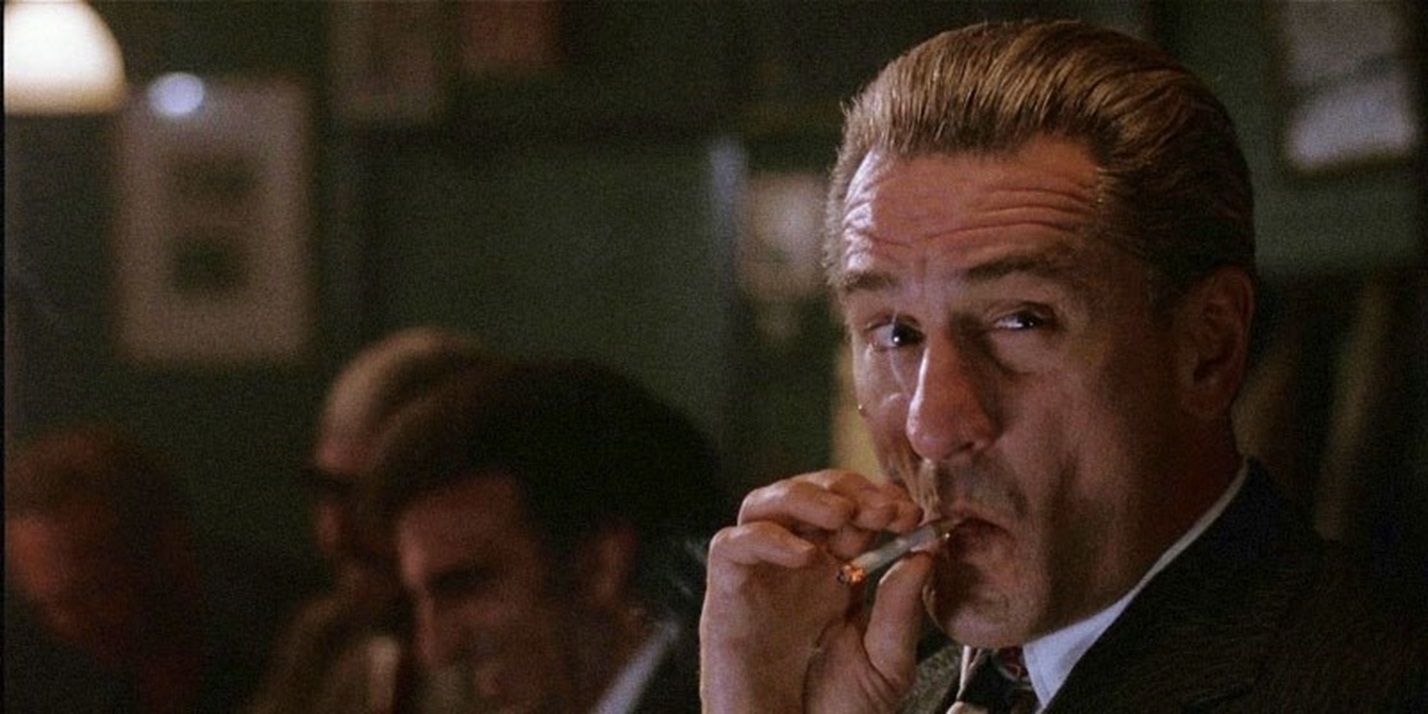
Scorsese didn’t give De Niro the lead role in Goodfellas, the director’s magnum opus, because the actor was too old to play Henry Hill, an ambitious young mobster who’s ready for the glitzy criminal lifestyle but not for the dirty work that pays for it. Henry is played by Ray Liotta, giving a career-best performance, while De Niro plays one of his mentor figures, Jimmy Conway.
Being a supporting player gave De Niro more freedom to have fun with each scene, minus the burden of carrying the entire movie. Jimmy has both hilarious moments, like chastising his fellow thieves for making big purchases with the Lufthansa loot against his orders, and heartbreaking moments, like kicking a phone booth over in reaction to finding out his other mentee, Tommy, has been whacked.
Frank Sheeran (The Irishman)
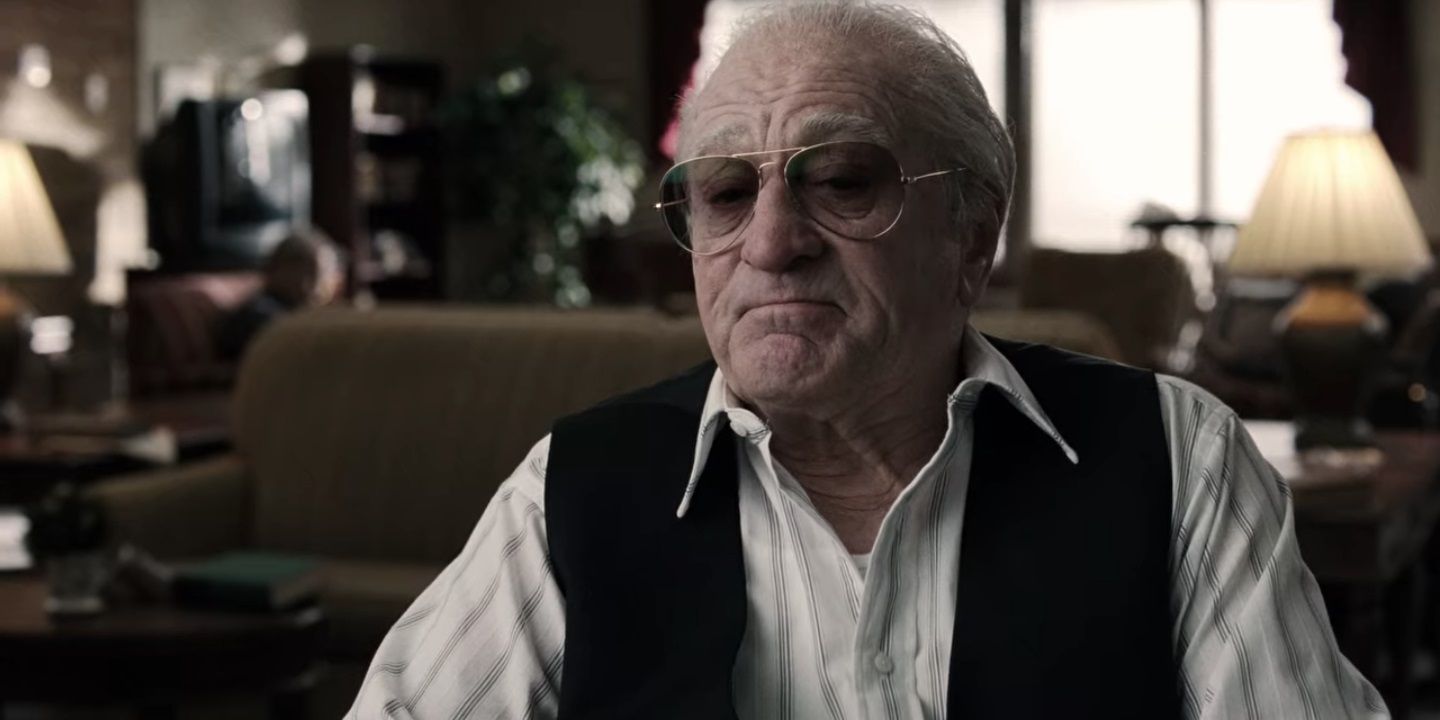
De Niro’s latest collaboration with Scorsese, Netflix’s big-budget crime epic The Irishman, told the story of mob hitman Frank Sheeran. Scorsese framed Sheeran’s life story through his heavily disputed claim that he was responsible for the infamous unsolved murder of union boss Jimmy Hoffa.
Whether this account is true, the movie goes along as if it is and explores the tragic psychological toll of killing a close friend. De Niro’s performance is sometimes obscured by dodgy CGI, but he brings real emotions to scenes like Frank calling Hoffa’s widow and feebly assuring her it’s going to be okay.
Max Cady (Cape Fear)
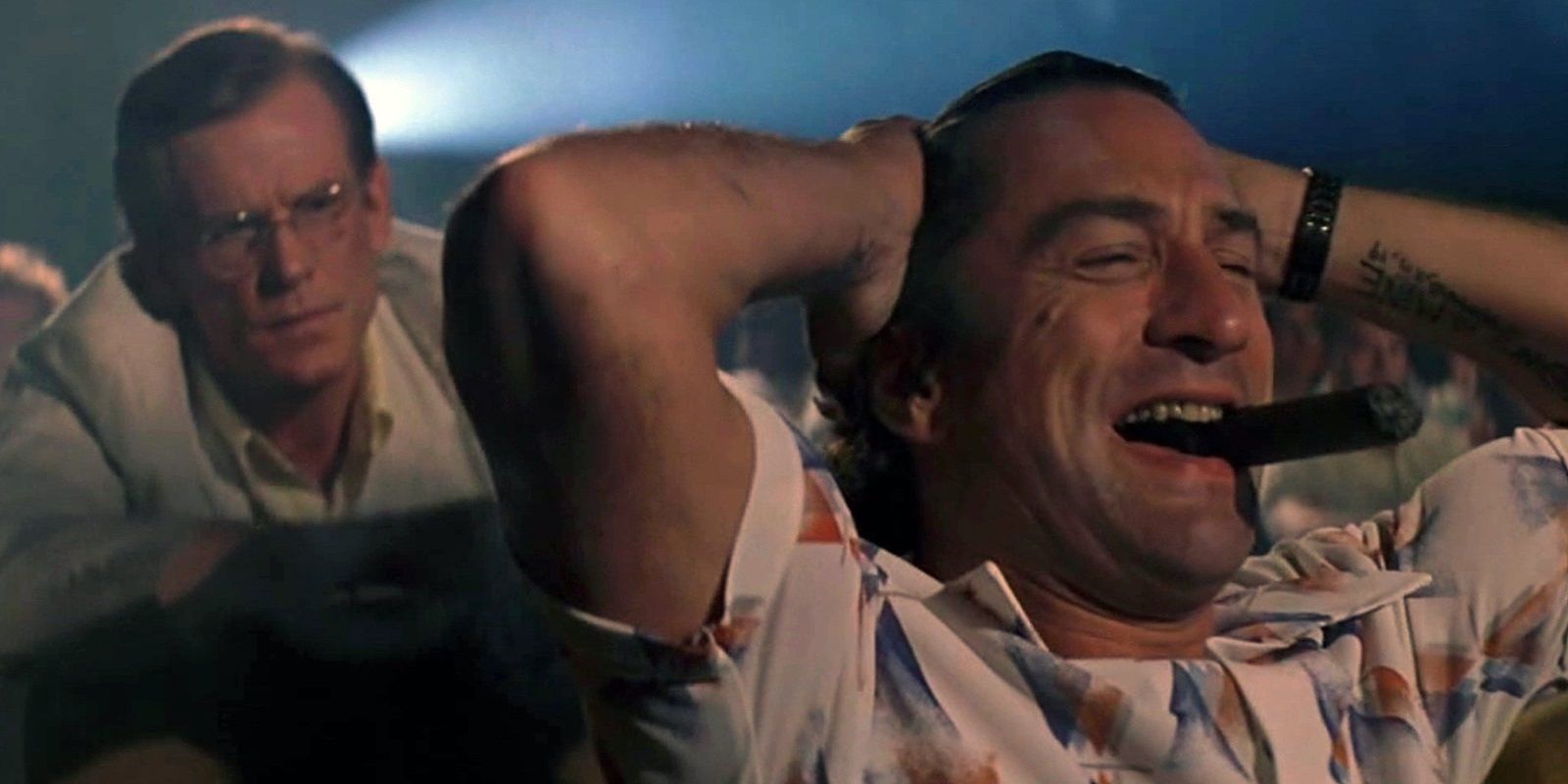
It’s unprecedented for a horror movie villain performance to get an Oscar nod for Best Actor, but in 1991, two horror villains received nominations – and one of them won. De Niro was nominated for his turn as psychotic, newly paroled serial killer Max Cady in Scorsese’s Hitchcockian remake of Cape Fear and lost to Anthony Hopkins for his equally chilling portrayal of Hannibal “The Cannibal” Lecter in The Silence of the Lambs.
Cady might be a one-note antagonist who spends the movie creepily stalking the family of the lawyer who got him convicted, but De Niro in full villain mode is a mesmerizing screen presence.
Rupert Pupkin (The King Of Comedy)
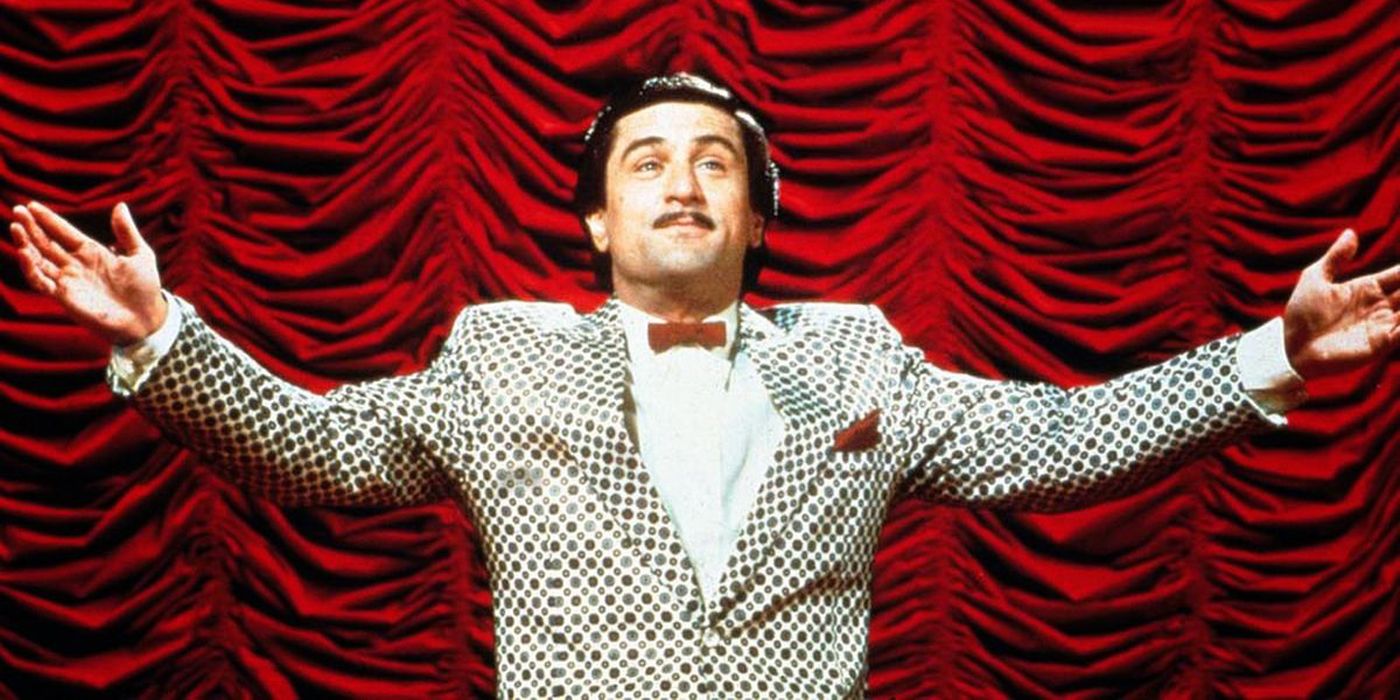
After the success of Raging Bull made De Niro and Scorsese more famous than ever, their next project was a satirical takedown of celebrity. Rupert Pupkin, the delusional wannabe standup in The King of Comedy, is a comedic counterpoint to Travis Bickle. Like Travis, Rupert is a loner who skews reality in his own mind – except Rupert doesn’t want to clean up the streets of New York; he wants to be a star.
This is one of De Niro’s funniest turns, and certainly the darkest of all his comedic performances. Whether Rupert is yelling at his live-in mother or kidnapping a late-night host to get stage time on his show, De Niro plays every scene hilariously straight.
Jake LaMotta (Raging Bull)
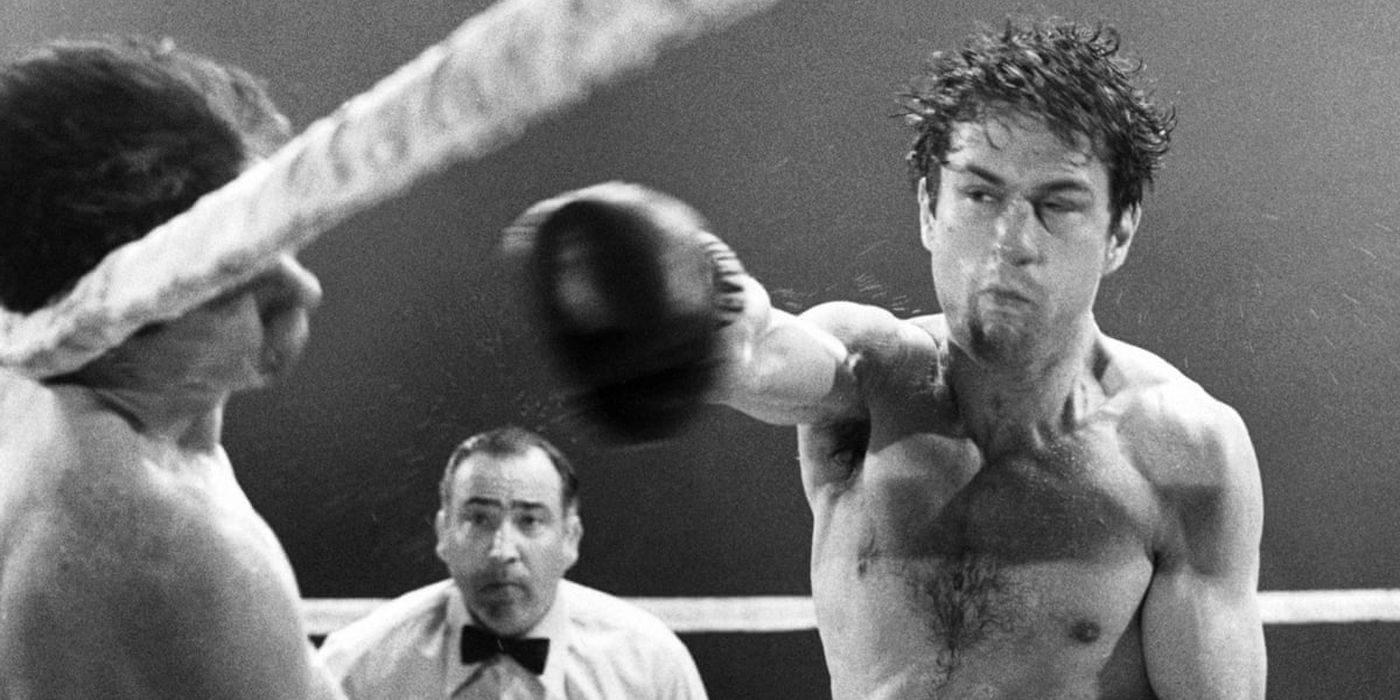
After the critical and commercial disappointment of New York, New York, the success of Raging Bull put De Niro and Scorsese back on top. De Niro won a much-deserved Best Actor award at the Oscars for his raw, warts-and-all, painfully honest portrayal of boxer Jake LaMotta’s foibles.
The ring is a great place for LaMotta to express his anger, but that anger follows him home and drives away everybody he ever cared about. He’s a classic Scorsese antihero – a deeply flawed human being who causes his own downfall.
Travis Bickle (Taxi Driver)
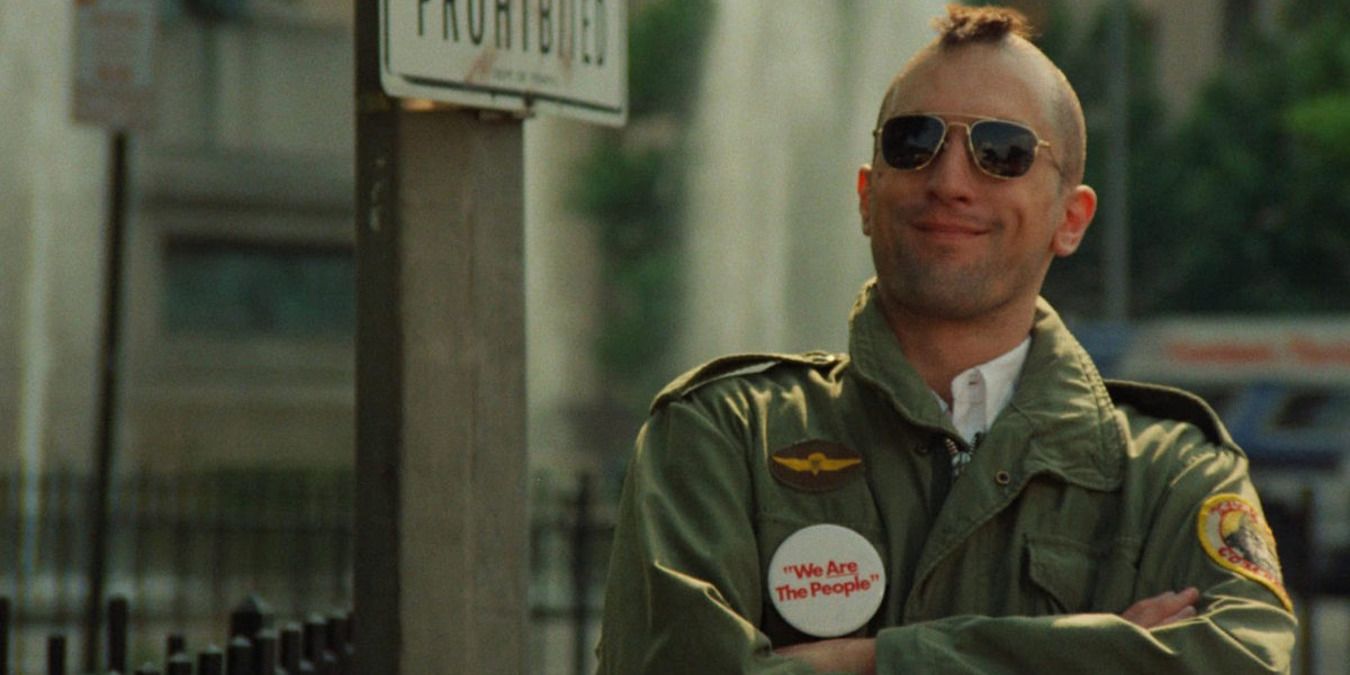
After Death Wish brought vigilante thrillers into the mainstream, Scorsese and De Niro teamed up for an edgy, experimental New Hollywood take on the genre. Taxi Driver’s Travis Bickle is a Vietnam War veteran with PTSD (and other psychological issues) who becomes so sickened by the rampant crime on the streets of New York that he decides to do something about it.
A violent psychopath who arms himself to fight crime might not sound very relatable, but Travis’ loneliness makes him universally identifiable. Taxi Driver is a quintessential portrait of isolation.
